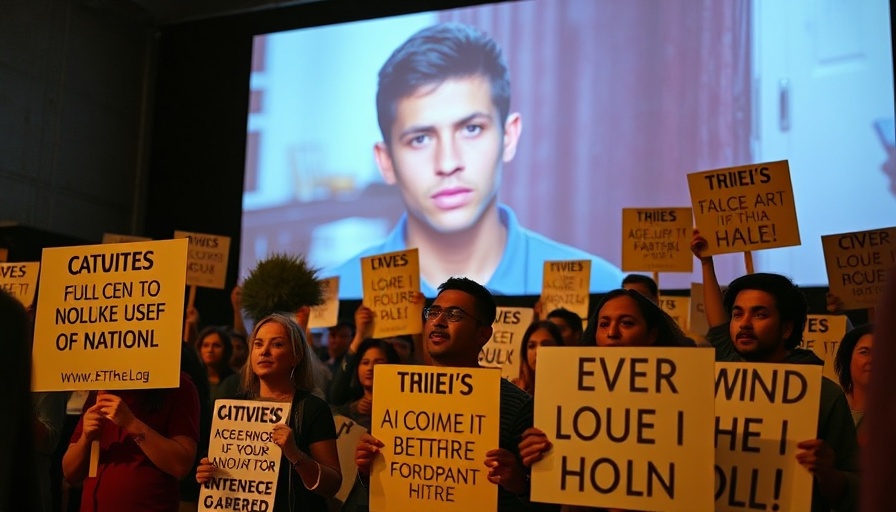
Hamas Makes Controversial Offer: U.S. Hostages vs. Israeli Demands
In a recent announcement, Hamas expressed its willingness to release American hostages, including dual nationals. However, this offer is immediately met with skepticism from Israel, as it does not meet the Israeli government’s minimum demand. An Israeli official remarked that the offer is far from their requirement of releasing at least eight living hostages. This situation further complicates the ongoing negotiations, highlighting the strained diplomatic relations and the desperate urgency surrounding hostage situations in the region.
The Involvement of the U.S. and International Allies
As the situation unfolds, the United States, under the leadership of President Joe Biden, is actively reassessing its strategy concerning hostage negotiations. There is an increasing wariness among U.S. officials about proposing a new deal due to the persistent tensions between Hamas and Israel. Recently, U.S. officials expressed concerns regarding the feasibility of reaching an agreement, given Hamas's substantial demands for the release of Palestinian prisoners and the complex geopolitical stakes involved. American diplomats are working closely with intermediaries like Qatar and Egypt to facilitate these talks, yet meaningful progress remains elusive.
The Ripple Effects on Israeli Politics
Prime Minister Benjamin Netanyahu now finds himself in a precarious position due to Hamas' selective offer. While Hamas proposes to release a handful of American hostages, Netanyahu's government is advocating for a far broader negotiation that includes multiple Israeli citizens. This discord places substantial pressure on Netanyahu, who must balance public sentiment, military strategy, and the diplomatic realities posed by the hostage crisis.
Understanding the Hostage Crisis: A Deeper Look
The ongoing hostage crisis in Gaza is profound and multifaceted, often impacting not just immediate families of the hostages but the national psyche as well, particularly among the Israeli populace. Public demonstrations have taken place, with activists calling for the release of hostages, exemplifying the psychological toll of prolonged uncertainty. Such emotional investments in the fate of hostages underscore the urgent need for compassionate diplomatic resolutions that recognize the human life and dignity involved.
Future Considerations and Possible Outcomes
Looking ahead, the landscape surrounding these negotiations remains fraught with complexities. If Hamas continues to present deals that fall short of Israel's demands, the possibility of a ceasefire remains tenuous at best. The international community, including faith-based organizations and humanitarian advocates, will have to remain vigilant as this scenario evolves. Faith leaders and social justice advocates can play a pivotal role in promoting dialogue and peacebuilding efforts aimed at fostering understanding amongst disparate sides in this conflict.
As the situation in the Middle East evolves, it’s imperative for mission-minded individuals and socially engaged Christians to stay informed and advocate for impactful resolutions. Through understanding the multifaceted nature of this issue, we can engage more effectively in peaceful dialogues and support initiatives that further humanitarian goals.
 Add Row
Add Row  Add
Add 








Write A Comment